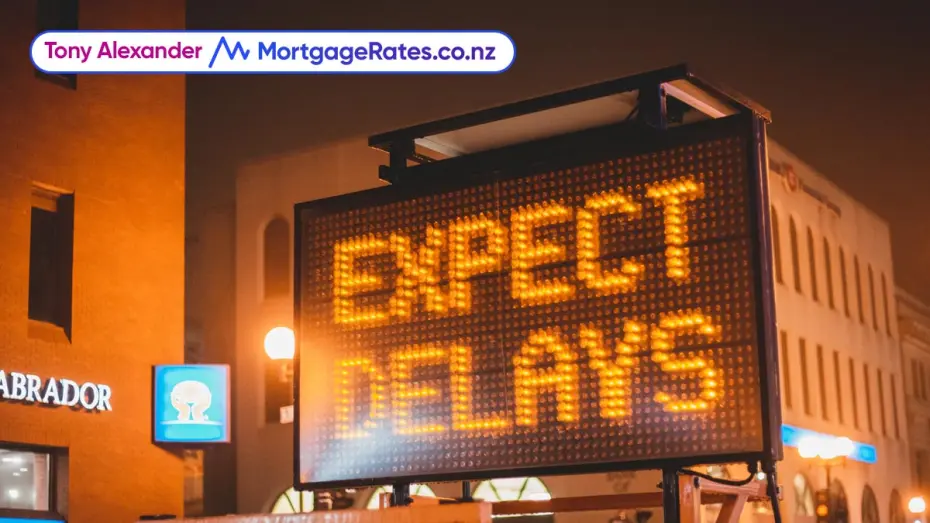In recent weeks I’ve been writing about the high speed with which the risk of high inflation has grown. First there was the higher-than-expected annual rate of inflation announced on July 16 of 3.3% rather than the anticipated 2.8%. Then there was a series of surveys showing record proportions of businesses planning to raise their selling prices.
After that we had the unemployment rate falling to just 4% in the June quarter rather than the expected 4.4%, and wages growth accelerating more than had been expected.
Responding to these and other inflation gauges we saw wholesale interest rates jump sharply in anticipation of the Reserve Bank raising its cash rate on August 17 from 0.25% to either 0.5% or 0.75%. But the day before then the country went into lockdown, and when time for the announcement came the Reserve Bank logically noted that it would pause any rate change for now given the new situation.
They did however strongly emphasise their belief that interest rates need to rise and noted an expectation that the extent of rises would add up to 1.75%. In May that expectation had been for 1.5% worth of rate rises.
Where to from here?
My own expressed view has been that rates will ultimately go up somewhere from 2.0% to 2.5%. The chances of rises being at the top end of that range have now increased as a result of the new lockdown.
Why would the outlook for inflation get a boost from lockdown?
Partly it is because we know what happens during and after lockdowns now and we have high confidence that they work – though that has yet to be seen with the Delta variant of Covid-19.
We know that during lockdowns we householders save up money and when we get released, we seek to spend it on things like home renovations. We know that housing markets get boosted tremendously when we are free. These are the sort of things which will make the Reserve Bank extra jittery despite the short-term uncertainty and come the next rate review on October 6 they are highly likely to start raising the cash rate from record lows which have caused house prices to soar by over 30%.
This time around no-one should expect house prices to again soar 30%
That’s because we are not seeing a fresh 0.75% reduction in interest rates, and we are not seeing the removal of LVRs. But we do have interest rates at low levels for longer than previously expected and that means a tad more stimulus for longer to the market.
We can also see from the survey of mortgage brokers I run with mortgages.co.nz, and the survey of investors run with Crockers Property Management, that more first home buyers are stepping forward into the market.
What should borrowers reasonably anticipate as the economy rebounds post-lockdown and the housing market gets a new lift? Higher rates at their peaks, but not necessarily a faster speed of increase. Our central bank has an established long-term record of too often tightening monetary policy too slowly. This last happened ahead of the Global Financial Crisis and the Reserve Bank have admitted they should have moved rates up more rapidly over 2004-07.
For borrowers it still seems reasonable to assume that short-term interest rates will rise by about 2.5% over the next 18 or so months. But be prepared for a lot of uncertainty along the way against which the best protection generally is having a spread of fixed rate terms for one’s mortgage rather than necessarily 100% sitting at any particular time period.
Go to www.tonyalexander.nz to subscribe to my free weekly “Tony’s View”.


